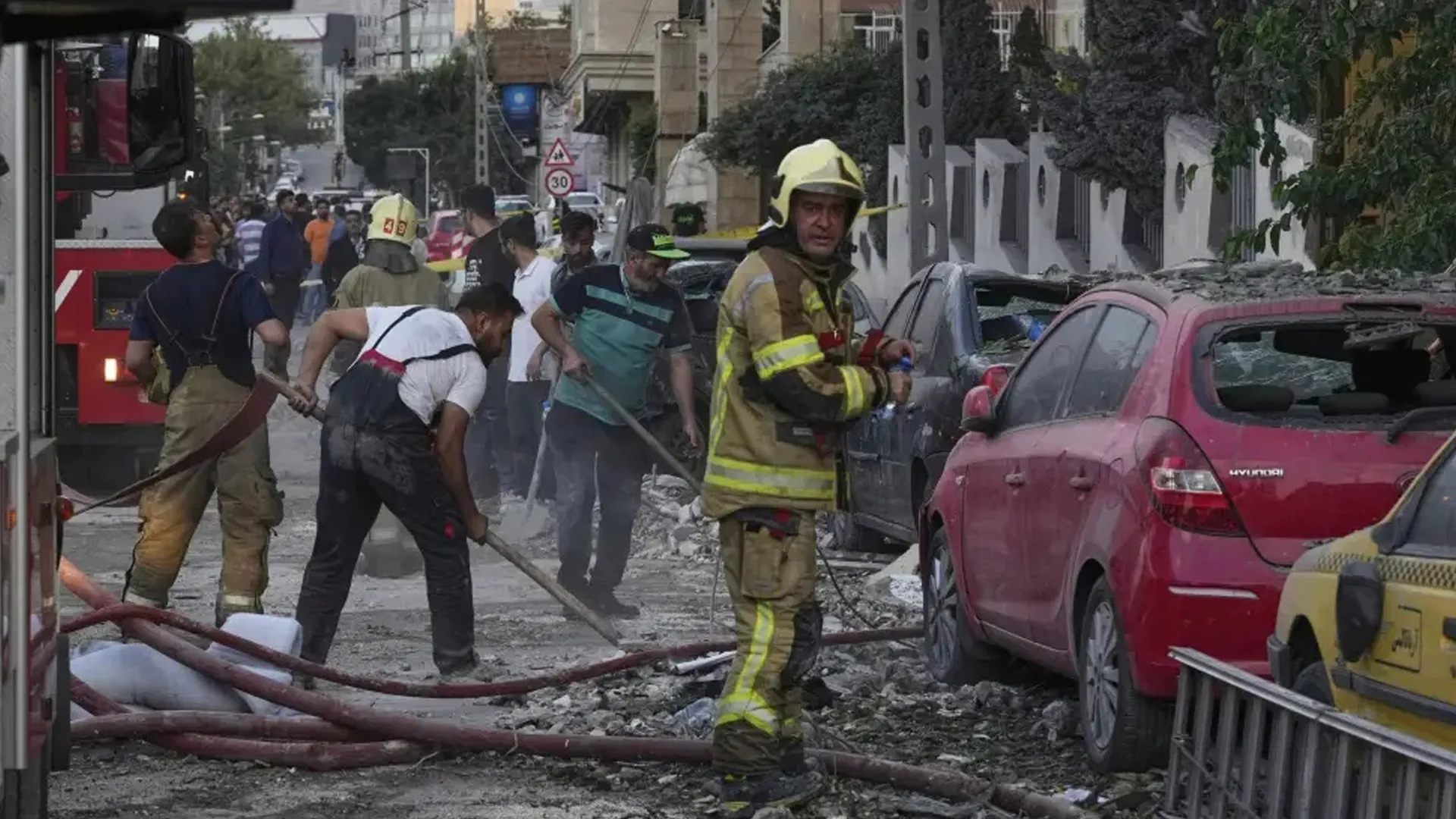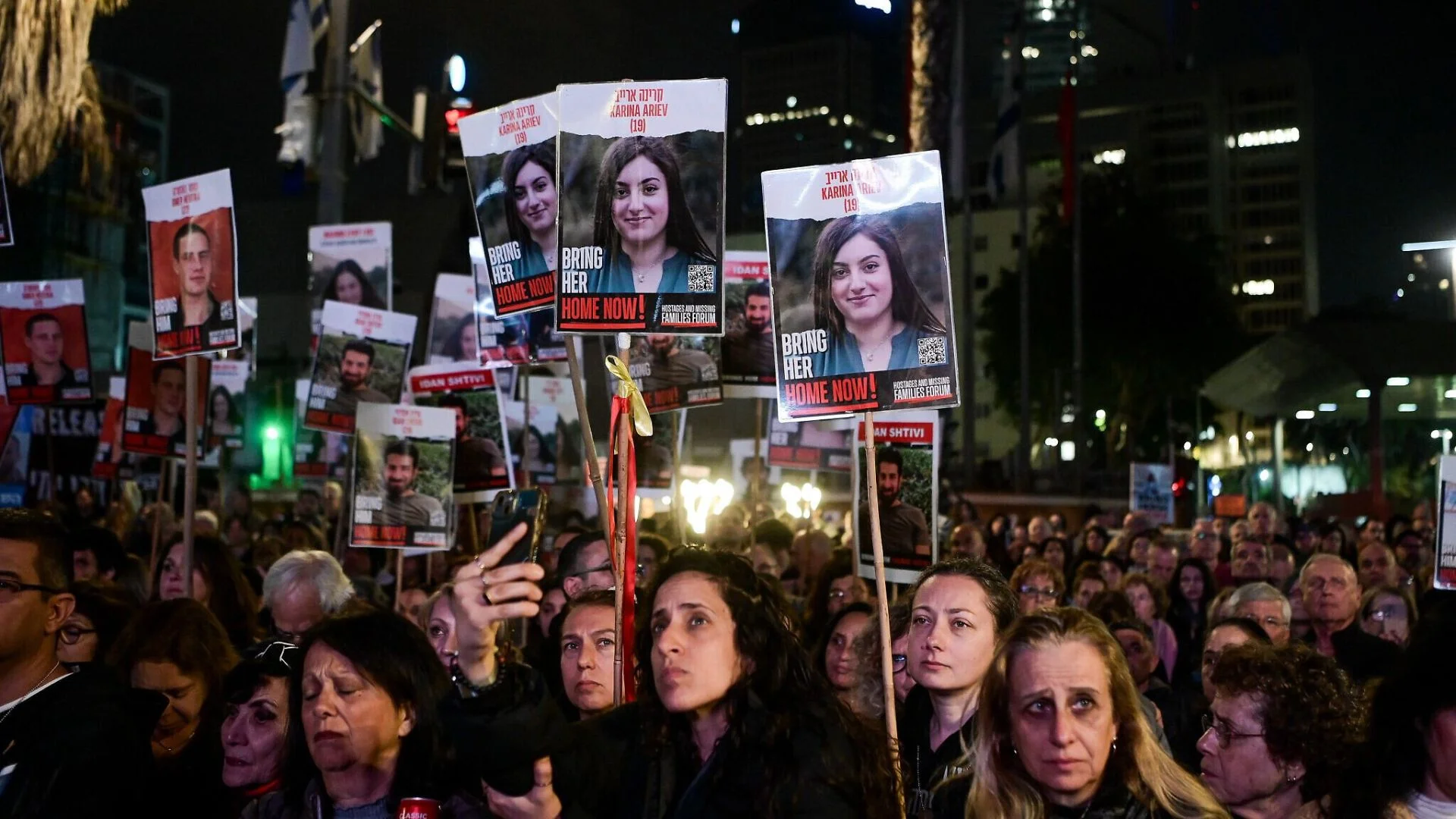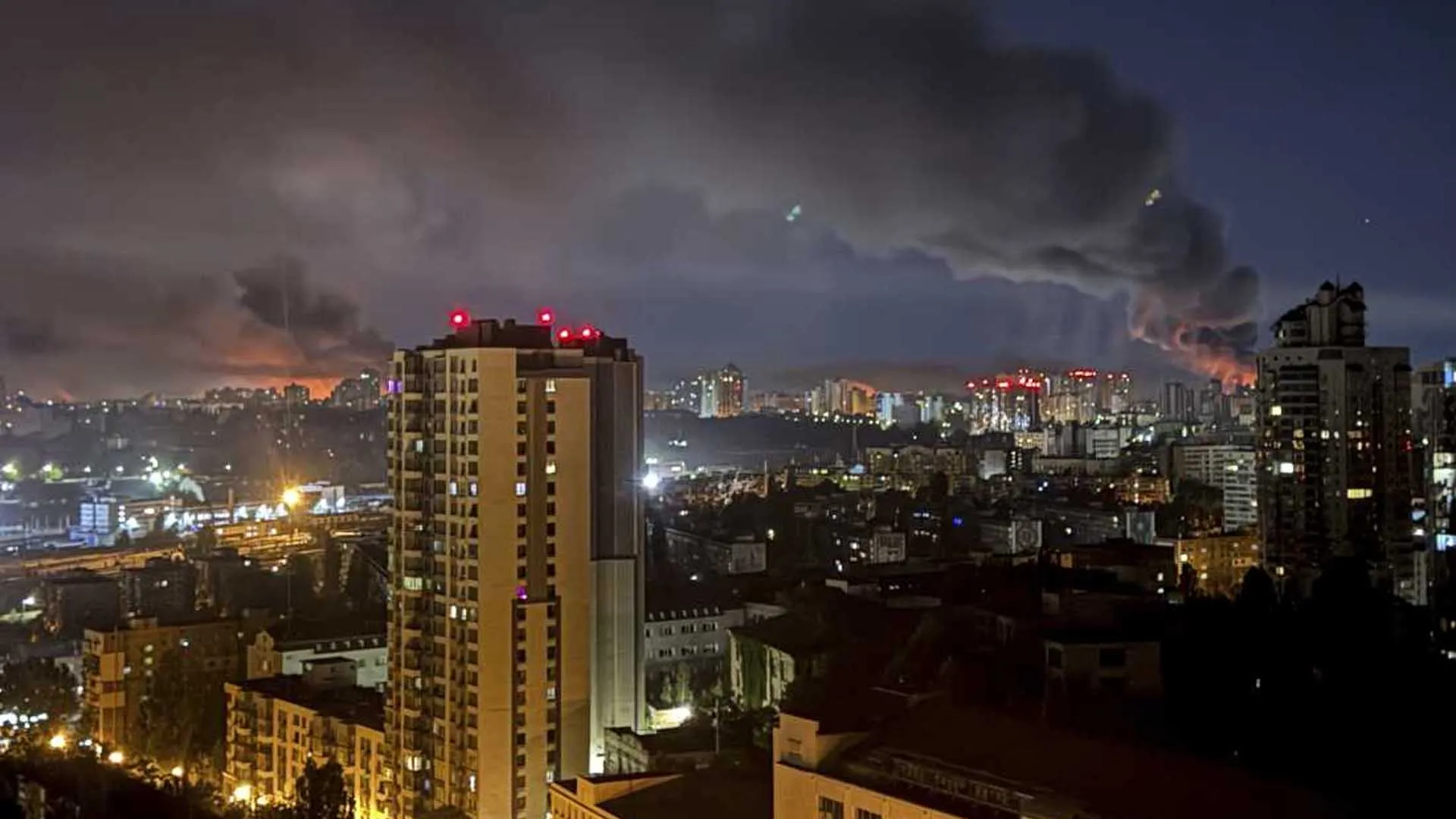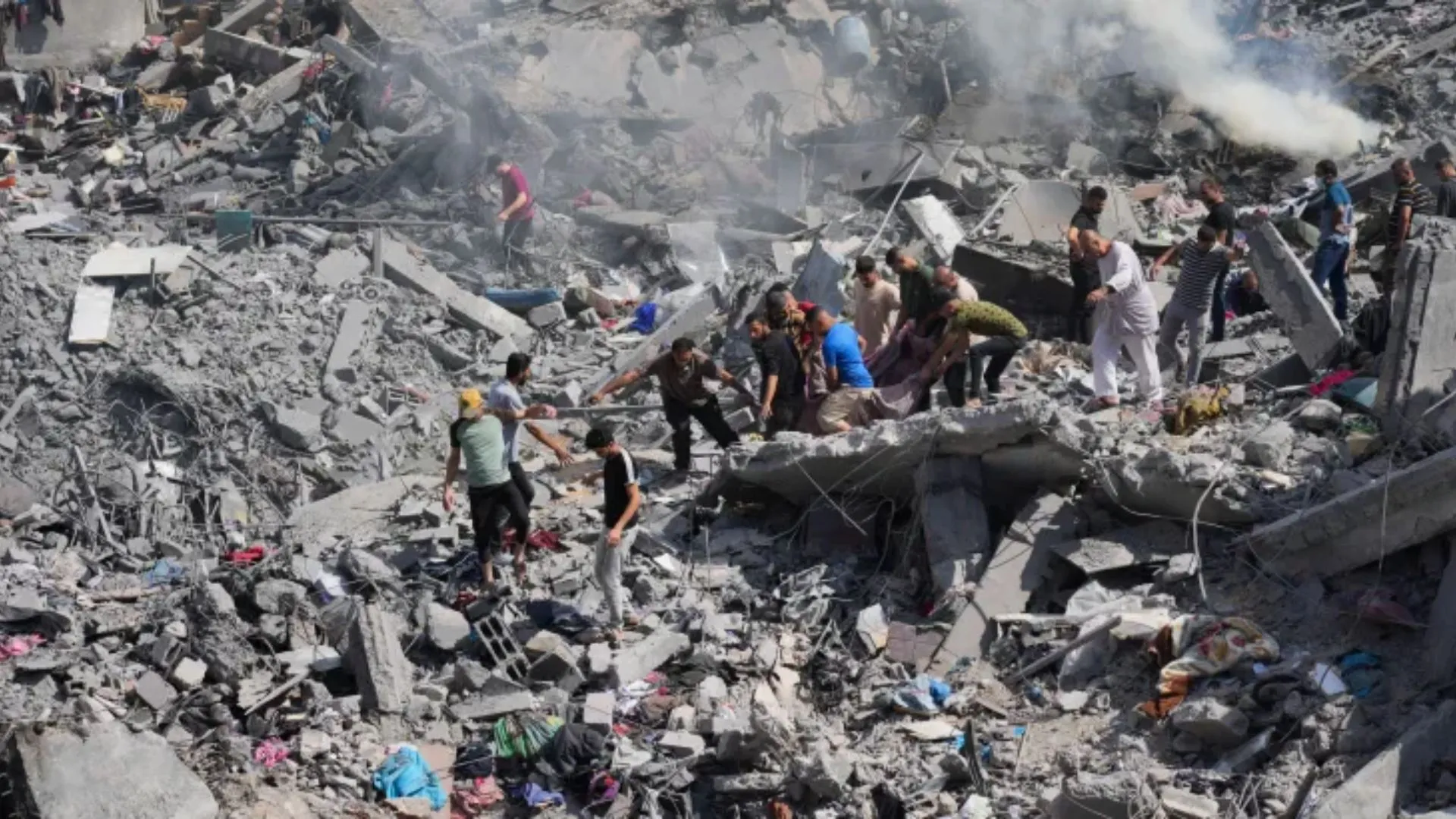Indian students in Iran have called on the Indian government to evacuate them following Israeli aerial attacks on strategic nuclear and military facilities in Tehran and surrounding regions. The military operation, code-named Operation Rising Lion, represents a perilous escalation in the restive Middle East, with Iran hitting back by firing hundreds of missiles at Israel.
“Currently, the atmosphere is peaceful and we are secure, but we are scared. The bombing began at approximately 3:30 am, and we felt the earth tremble. It was a frightening experience,” said Tabiya Zahra, a second-year MBBS student from Kashmir at Tehran University of Medical Sciences (TUMS).
Zahra further added that students had been told by university officials to stay calm but were not provided with clear information about safer areas or shelters. “There is minimal communication because of internet interference, and that’s raising our anxiety,” she stated.
Alisha Rizvi, a student from Azamgarh, Uttar Pradesh, also verified that the Indian Embassy in Iran requested students to provide their local addresses and contact details for emergencies. “They are attempting to gather information in case of evacuation,” she said.
Both students came to Tehran in 2023 and are continuing a 5.5-year MBBS course. Authorities have shut down Tehran’s airspace and suspended flights from Imam Khomeini International Airport since the airstrikes began.
India Called to Move Urgently as Crisis Intensifies
The Jammu and Kashmir Students Association has contacted External Affairs Minister Dr. S. Jaishankar to organize potential evacuation procedures. National Convenor Nasir Khuehami added, “We are getting calls from students and their parents, asking for help. We appeal to the government to remain ready and take measures if evacuation proves inevitable.”
Students in Tehran reportedly heard the air raid sirens and felt the tremors when the airstrikes occurred, which increased concerns for their safety.
The Situation Tenses in Tehran
Israel’s Friday airstrikes hit several Iranian military and nuclear facilities, including the heavily secured uranium enrichment plant at Natanz. Israeli leaders said the attack was to prevent Iran from attaining a nuclear weapon.
Iran, in turn, retaliated with ballistic missiles and armed drone swarms against Israeli soil, drawing regional and international concern regarding a possible all-out war.
While intensifying tensions, Iran’s Supreme Leader, Ayatollah Ali Khamenei, named Major General Sayyid Abdolrahim Mousavi as the new Chief of Staff of the Armed Forces. Israel reportedly killed Lieutenant General Mohammad Bagheri and several senior nuclear scientists, prompting Mousavi to take over his position.
The developments coincide with efforts by Iran and the United States to negotiate a nuclear deal. The consequences of Israel’s preemptive strike could undermine any diplomatic gains and set off a wider geopolitical crisis.























